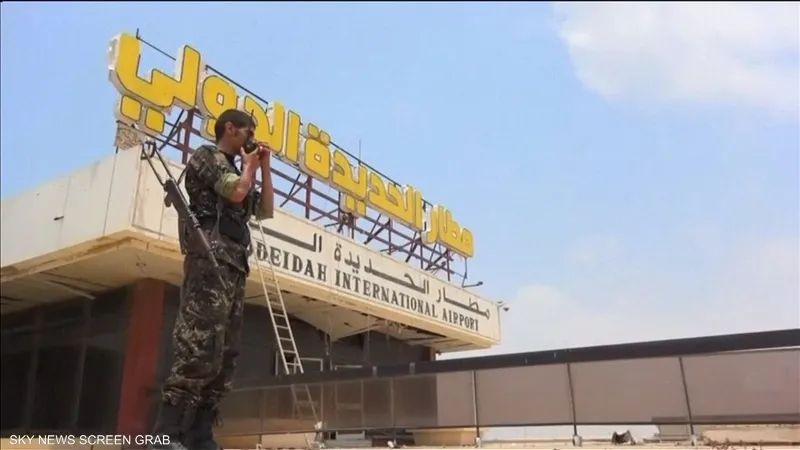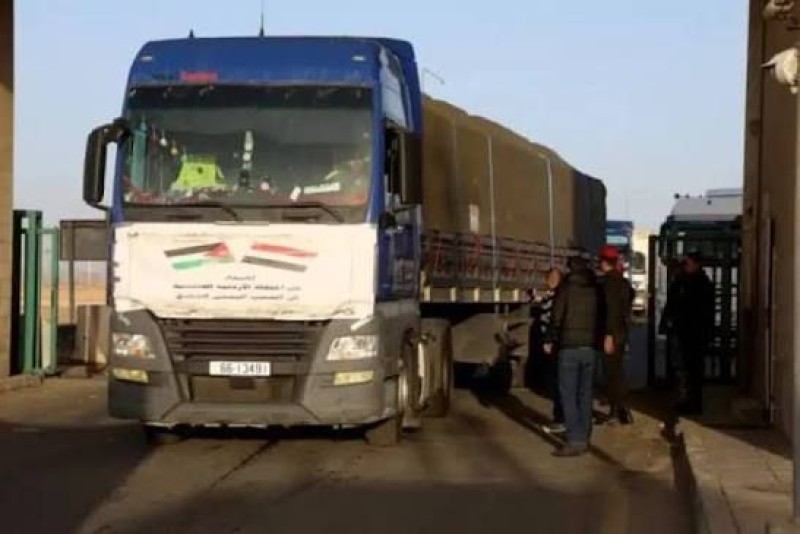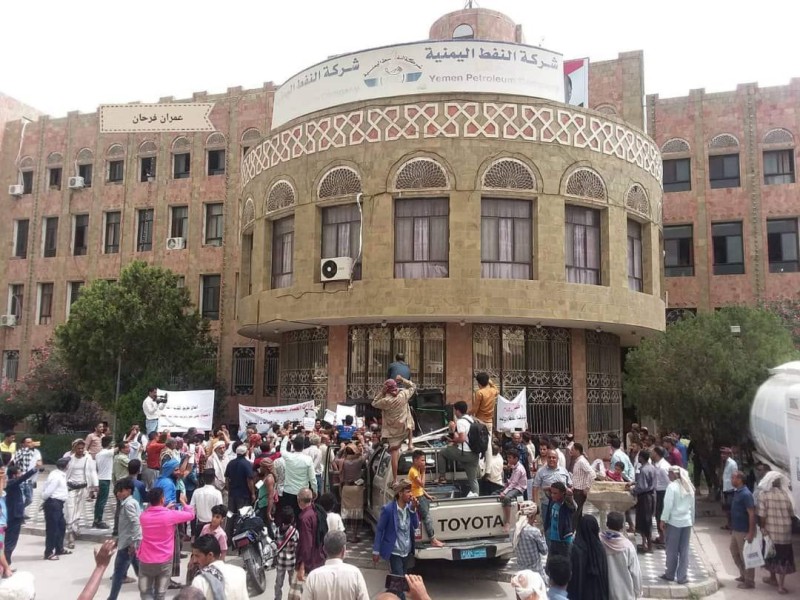Unpaid teachers strike in Houthi-controlled areas


Yemeni teachers have gone on strike in Houthi-controlled areas as outrage grows over the militia’s failure to pay public employees.
In a rare public protest, teachers in Yemen’s capital, Sanaa, and other major cities skipped classes to pressure the Houthis to pay their salaries, which they have not received for seven years.
Teachers Club, an umbrella organization for teachers in Houthi-controlled areas, said in a series of statements that the teachers decided to strike after learning that senior Houthi leaders in the Supreme Political Council, ministers, MPs, and public employees at ministries of electricity and water, among others, are paid.
On Sunday, the club conformed the strike and said that the Houthis had begun abducting teachers and dismissing others in order to push them not to walk out.
The teachers said that the Houthis approved an “emergency timetable” that includes replacing striking teachers with others who can teach courses over a short period of time.
According to the Houthi plan, “instead of 16, a physics teacher will teach only four classes every month.”
Thousands of government employees in Houthi-controlled areas have not been paid since late 2016 when the militia refused to deliver state income to the Central Bank in Aden in protest of its relocation from Sanaa.
Despite collecting billions of Yemeni riyals from state entities and other sources, the Houthis refused to pay public employees and insisted that the Yemeni government in Aden do so.
The Houthis responded to the walkout by kidnapping teachers, including a union head named Mohsen Al-Dar, questioning others at security facilities, and accusing them of working for the internationally recognized government and the Arab coalition.
Abu Zaid Al-Kumaim, head of the Teachers Union, said that he received “painful” accounts of unpaid teachers committing suicide or breaking up with their spouses because they were unable to feed their children or pay rent.
Al-Kumaim shared on his Facebook page a message from an unpaid teacher of three decades, who lives with one kidney and has two ill children, complaining that the Houthis labeled him and other teachers who demanded their salaries as supporters of their opponents.
“Does anyone who demands his salary suddenly become a mercenary and on the side of aggression? Isn’t it my right, as a 33-year teacher, to get my small wage so that I and my children can live?” He said in his letter.
On Sunday, Al-Kumaim told Arab News that 80 to 100 percent of teachers complied with the union’s strike call and that the Houthis had released the abducted teachers.
Yemeni activists and journalists voiced their support for the striking teachers and demanded that the Houthis compensate them so that classes could recommence. Journalist Jameel Mofereh slammed the Houthis for insisting that Yemeni public employees seek payment from Saudi Arabia.
“Because you (Houthis) are an authority, you are accountable not just to us but also to God for people under your charge. Do not tell me that I expect my salaries from Saudi Arabia,” Mofereh said.
Abdul Wahab Qatran, a Sanaa-based legal activist, also demanded that the Houthis compensate striking teachers and cease intimidating them.
“Pay the salary of Yemen’s teachers. Your pathetic attempts to instil terror among the Teachers Club will fail,” he said on Twitter.
According to Yemeni government estimates, the Houthis have amassed 4.62 trillion Yemeni riyals ($18.45 billion) from taxes, customs, zakat, oil, mobile companies, and the sale of Iranian-imported gas since the UN-brokered ceasefire went into effect in early 2022.
The proceeds are more than sufficient to compensate public employees in areas under Houthi control, the government said.

Hodeidah — Two members of the Iranian-backed Houthi militia were killed and five others wounded in a landmine explosion near Hodeidah airport…

Aden —A humanitarian convoy from Jordan, consisting of 13 trucks loaded with relief supplies, has arrived in Yemen to support communities aff…

Taiz — Administrative operations at the Taiz Governorate building have resumed following several days of closure caused by an open sit-in sta…